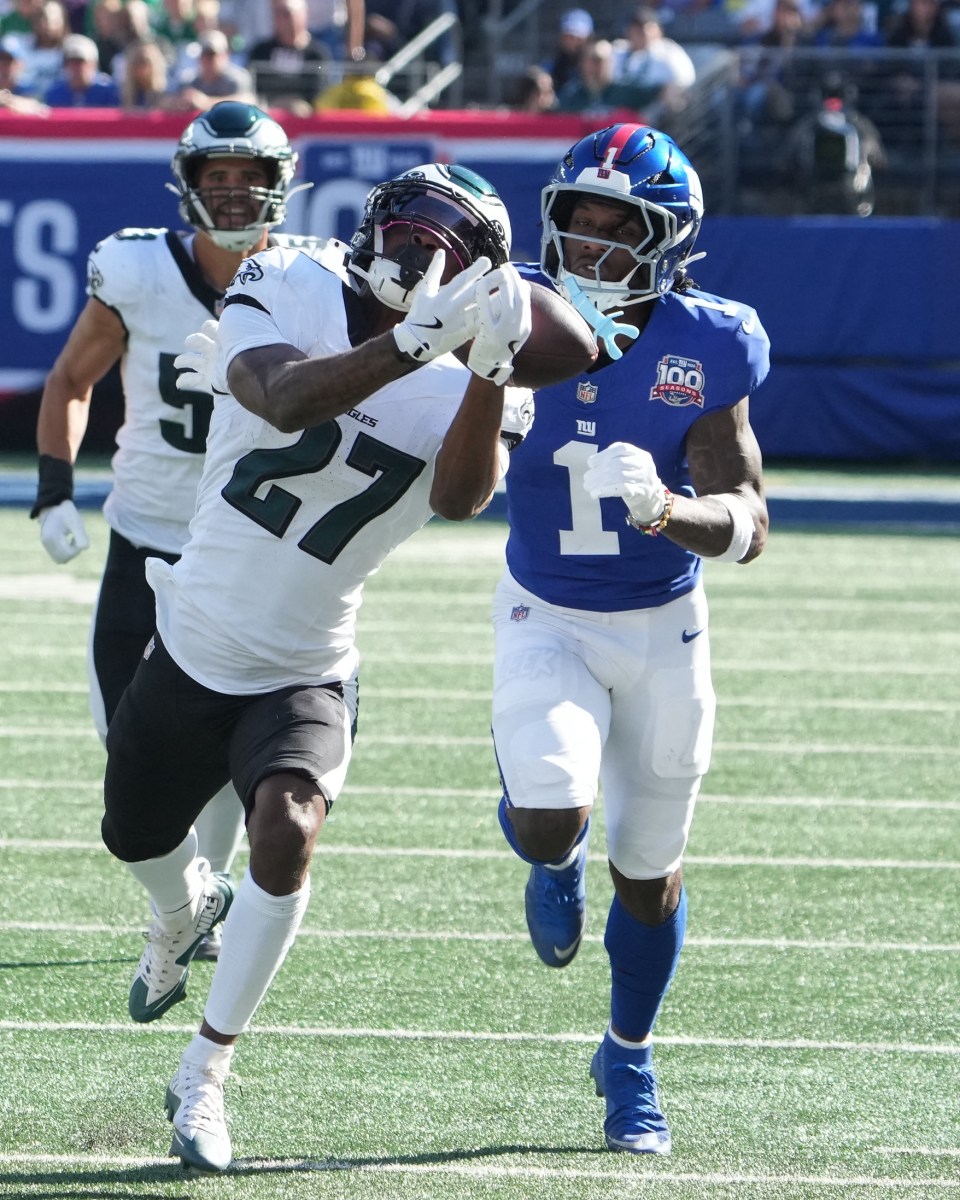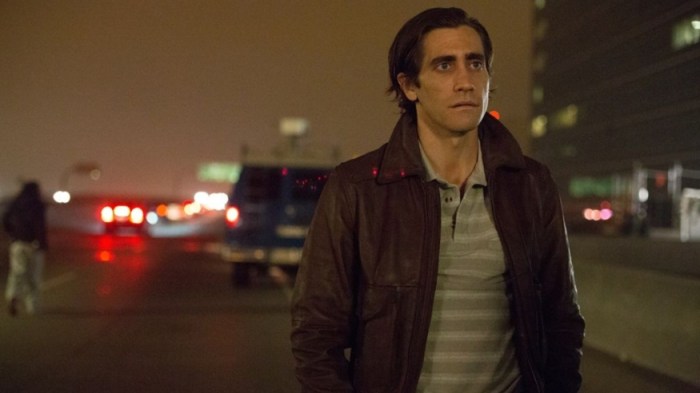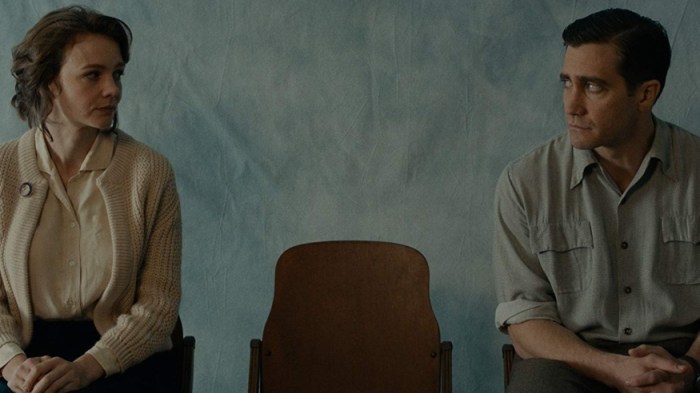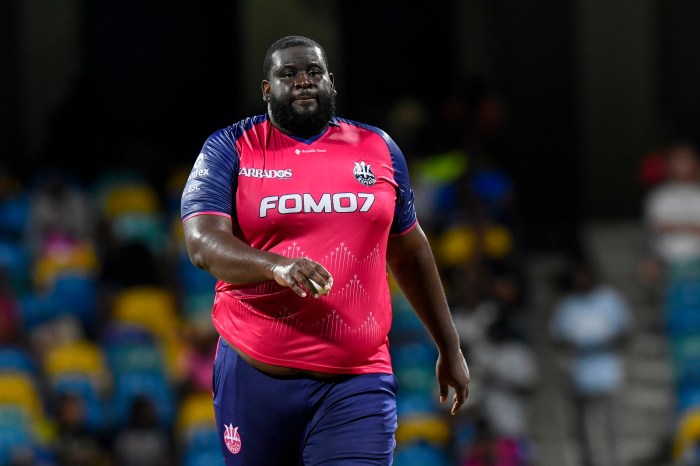Ahead of the release of “Stronger” The Ruderman Family Foundation, an organization that supports the advancement of people with disabilities, criticized director David Gordon Green for not giving amputee actors the opportunity to even audition for the role of Jeff Bauman, who lost both his legs in the Boston Marathon terrorist attack.
When I spoke to David Gordon Green about “Stronger” he once again defended his decision to cast Jake Gyllenhaal in the role. You can read David Gordon Green’s full remarks here. The Ruderman Family Foundation’s president Jay Ruderman, and acclaimed amputee actor/director Kurt Yaeger, recently reached out to Metro to provide their own response to David Gordon Green. You can read their joint statement below.
The Ruderman Family Foundation’s response to David Gordon Green
The movie “Stronger,” based on the memoir by the same name, written by Boston Marathon bombing survivor Jeff Bauman, has a compelling message of growth and progress in the wake of the terrorist attack that left three dead and 264 injured. We in Boston have indeed come a long way since the tragedy. Unfortunately what has not come a long way in decades is the pervasive practice of casting non-disabled actors to portray characters with disabilities. “Stronger” is no exception.
When we pointed out this problem, “Stronger’s” director David Gordon Green said: “I’m sure there are wonderfully talented amputees … that could have given extremely skilled performances.” Yet Green chose to cast Gyllenhaal without even auditioning any actors who are amputees because he “knew [Gyllenhaal] had the experience and … a reputation as a dedicated actor that really digs in, and he’s renowned for that commitment.” But it is precisely this kind of reasoning that perpetuates discrimination against performers with disabilities.
The fact is that Jake Gyllenhaal didn’t become a big, bankable star overnight. He developed his stellar talent and reputation because he was given many, many chances to audition and prove himself. If he had been a performer with a disability, instead of auditions, he would have faced constant discrimination. Green feeds into this systematic discrimination by not even auditioning performers with disabilities for the role of Jeff Bauman.
Even though the conversation about diversity has spread throughout Hollywood, there has been virtually no change when it comes to representation in movies. Characters with disabilities are still among the most underrepresented of all groups: while 20% of the population has a disability, only 2.7% of speaking characters in recent movies do. What is even worse — as seen in the example of “Stronger”— is that virtually all characters with disabilities are portrayed by non-disabled actors which brings the numbers of actual performers with disabilities in movies to near zero.
It’s 2017. We understand that there is value in diversity, we understand that groups of people deserve to represent themselves on screen. Just last month White actor Ed Skrein made the commendable decision to leave the “Hellboy” reboot once he found out that the character he had been cast to play was whitewashed. Even Lionsgate went on record to say: “It was not our intent to be insensitive to issues of authenticity and ethnicity, and we will look to recast the part with an actor more consistent with the character in the source material.” They are now looking to cast Daniel Dae Kim, an Asian-American actor who would be more authentic to the original character. These are wonderful developments and while we sincerely applaud them, we also have to point out the stark differences in how matters of authenticity are treated when it comes to disability.
Had “Stronger” been about a Black man, Green would have received plenty of backlash had he chosen to cause Gyllenhaal to portray that character. Instead the strongest argument he offers for why he denied an entire group of people the chance for self-representation is: “When I first read the script I just thought of Jake, he’s who came to my mind as an actor, and he is somebody that I’ve just really wanted to work with.” It would be unimaginable to put forth this kind of response if this had been a matter of whitewashing. We as a society need to take the erasure of performers with disabilities more seriously.
In our latest Ruderman White Paper on the Challenge to Create More Authentic Disability Casting and Representation on TV we found that of the 151 pilots ordered for the 2017-2018 TV season only 91 even auditioned performers with disabilities. And we’re not talking about big roles, but literally about any role, including atmosphere and background roles. That means that 40% of shows didn’t audition performers with disabilities to even be in the background. By all accounts movies seem to be doing even worse than that.
Performers with disabilities are simply asking for a chance to show their talent before they are dismissed on grounds of bias and preconceived notions about disability. The only way we will ever move past these biases and misconceptions is to audition performers with disabilities. Those with outstanding talent will be cast and in time will have star power, which is the same path performers without disabilities find themselves on. That would not only amount to equality, but also to diversity, which as we know is what audiences hunger for.
Jay Ruderman is president of the Ruderman Family Foundation, an advocacy organization focusing on the full inclusion of people with disabilities into society. Follow him on Twitter. Kurt Yaeger is an actor, athlete, and disability advocate. Follow him on Twitterand Instagram
“Stronger” is still in cinemas.





















